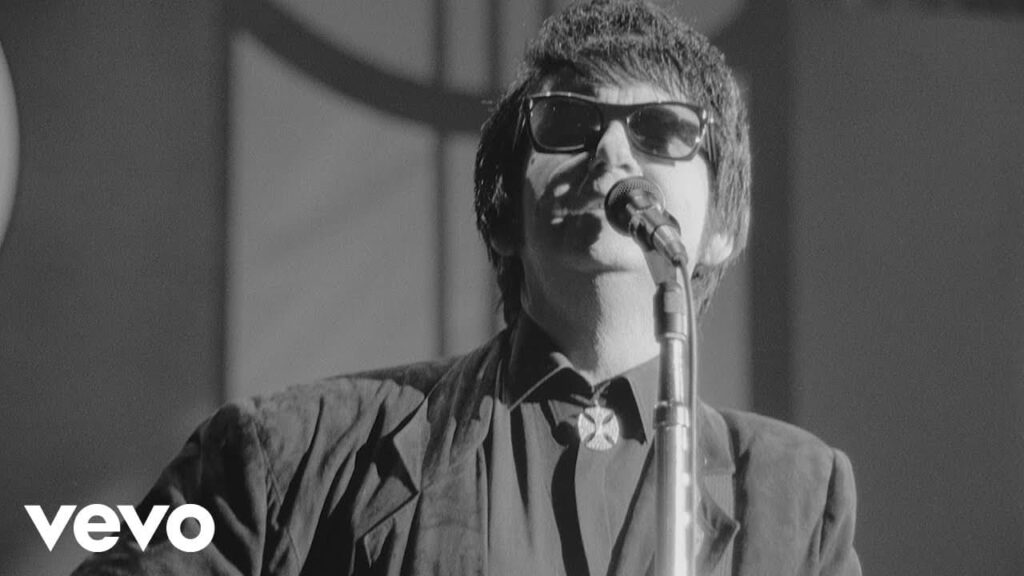
A JOYFUL SWING BETWEEN LONGING AND LUMINANCE
When PENNY ARCADE bursts into its opening bars, there is a palpable sense of escapism—an urging out of the shadows into the neon-glow of a world where love still plays its games. Performed by the inimitable Roy Orbison, the song was released as a single in 1969, reached No. 27 on the UK Singles Chart. More notably, it became his biggest hit in Australia, spending four weeks at No. 1 around Christmas of that year. It appears on his album The Big O (1970), where it stands out as a late-period high-point of his chart life.
From the moment you hear Orbison’s voice—soaring, vulnerable, melodic—you sense that “Penny Arcade” is no mere pop diversion, but a kind of shimmering echo of romance and play, undercut with wistful undertones. The song was penned by UK-based songwriter Sammy King (real name Alan Twohig) who envisioned a lyric rooted in simple imagery—“A light shown in the night some way ahead…”—according to his later account. King’s rural-to-stage journey, aspiring to have Orbison record his demo at the Batley Variety Club in 1969, lends the song a kind of underdog provenance that heightens its emotional resonance.
Musically, the track pairs Orbison’s trademark operatic vocal reach with a buoyant swing groove and shimmering orchestration—less the dark, complex balladry of “Crying” or “In Dreams,” and more a dance-hall moment in which longing is expressed between the lines of rhythm and brass. The lyric’s metaphor—an arcade, a game of chance, lights flashing, coins dropping—becomes a vehicle for optimism: love as playground, and yet one where the stakes are personal and tender. One can hear in Orbison’s phrasing the tension between the speaker’s hopeful pursuit and his awareness of risk: “Let me come along…let me play this game…” (paraphrased).
In its structure, “Penny Arcade” offers a subtle twist: while its forward momentum invites joy, Orbison never lets the moment become careless. His voice lingers on words, injects hesitation, shades of longing. The song thus becomes more than shimmer—it becomes reflective. It suggests that love, even when framed as a game of lights and tokens, involves longing, vulnerability, the hope that someone will press “Play” just for you, and press pause when the lights fade. It is a lighter moment in Orbison’s canon, yet one imbued with the emotional texture that defined his work: that unusual blend of resilience and fragility.
Culturally, “Penny Arcade” holds an interesting place. It arrived at a time when Orbison’s commercial fortunes in the United States were fading, yet abroad he found one last burst of chart success. That disjunction—of decline and triumph, of nostalgia and renewal—mirrors the song’s own dualities. Its warm swing and carefree title belie a deeper truth: that even as we chase neon lights and promising games, what we’re really seeking is connection, affirmation, the chance to win someone’s heart.
As The Vinyl Archivist, I regard PENNY ARCADE as a luminous book-end in Roy Orbison’s career—a song that glows in the dusk of his 1960s era, capturing both the joyful abandon of love’s moment and the quietly trembling awareness of its fragility. It may not be his most famous aural portrait of heartbreak, but in its own way it is one of his most telling: a final flash of colour, of light, before the long night.